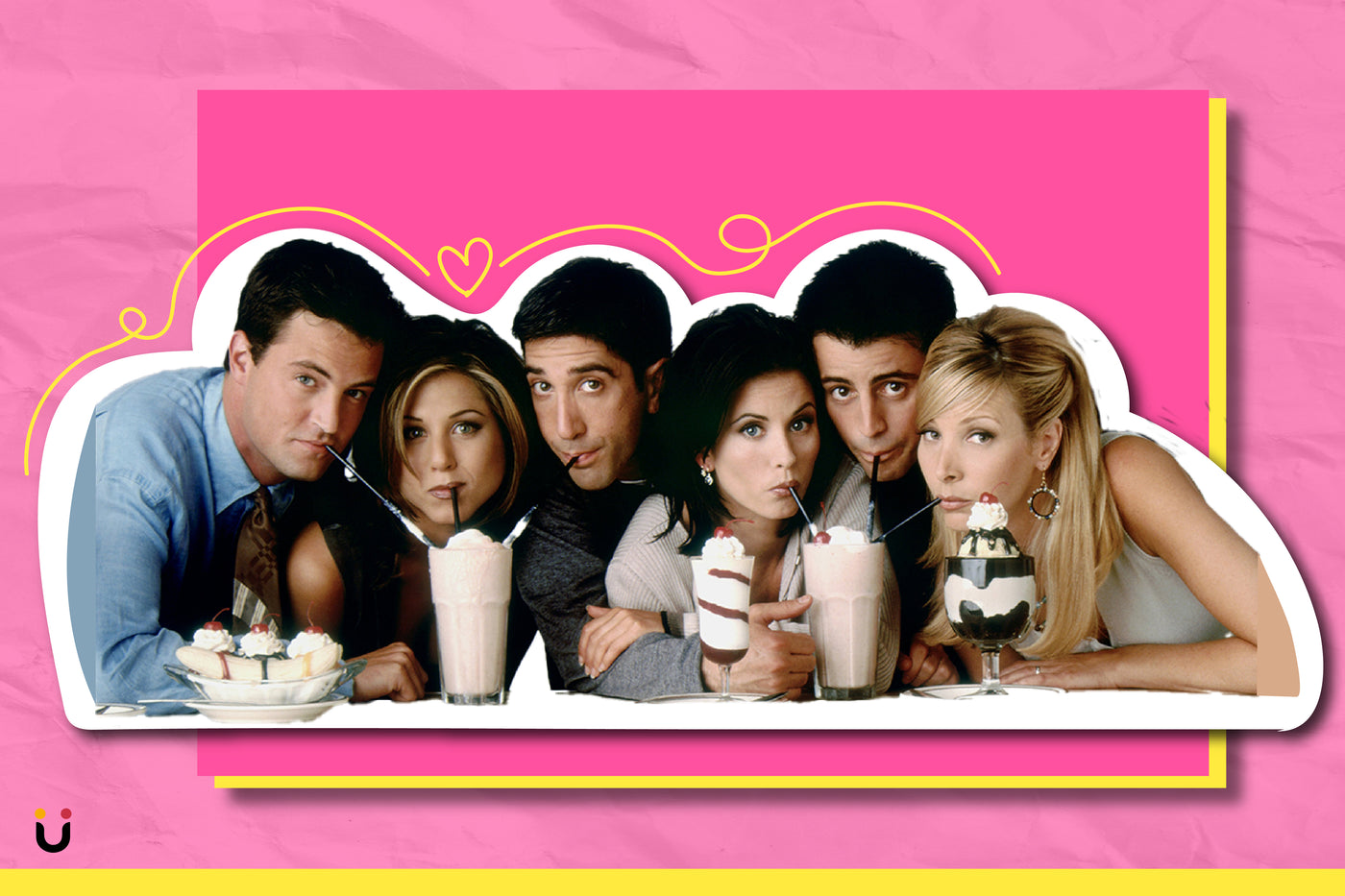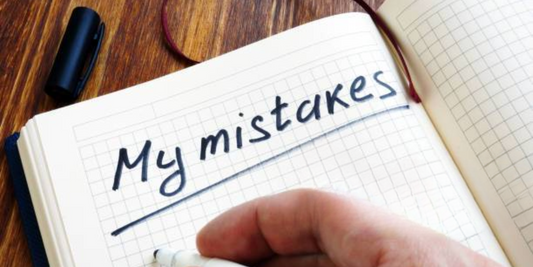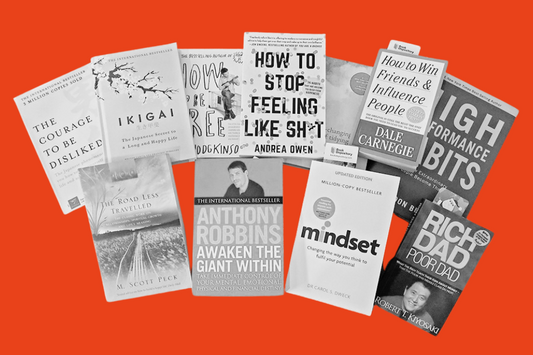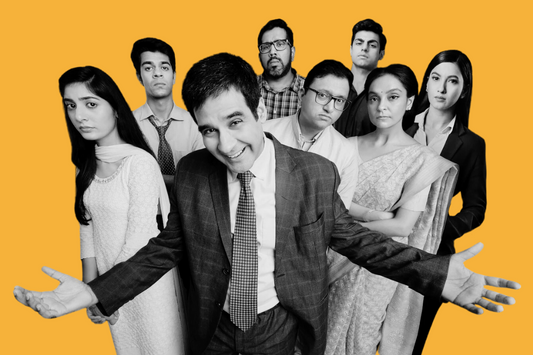“If you burn your toast in the morning, the time you spend making another toast may have saved you from a car accident; or make you late for an appointment but you meet someone on the way that ends up becoming special in your life.”
… if you’ve heard this term before, then it is safe to say that you spend copious amounts of time on social media - but that’s not what we’re here for today, oh no, we aren’t going to make suggestions about how you must spend your time (maybe in another blog but not this one). Since I am one of the few people who do not gravitate towards social media (mainly because I choose to live under a rock), I was introduced to this theory by one of my favourite coworkers, and after an elaborate conversation, we found ourselves here: so strap yourselves in because I want this to be informative but also discussion-based.
The “Burnt Toast Theory” has gone viral across all social media, especially TikTok. As mentioned earlier, the theory explains that one can see that an unfortunate incident can lead to fortunate ones in the future. And it makes sense because everything is… probable.
If we look at further analysis and interpretation, we can see that it comes with many affirmatory lessons: that you can appreciate the small things while accepting imperfections; that there’s a higher power that has your back and that you are going to be protected; everything has its own time(destiny); there is a silver lining to most inconveniences; choose to look at your failures and mishaps more positively, and your anxiety will reduce. These are all great outcomes that we might need to hear at just the right time.
Don’t get me wrong; I do think positively about positivity, And I do agree with the possible outcomes. However, I am also not one to let an opportunity to play devil’s advocate slide. As much as I can understand what this theory is trying to say, I equally disagree with it because I feel like it can say so much more.
Most of us have felt that we have no control over the things that happen to us. And if I am being honest, most of the time, we do not have as much control over situations as we would like. This can make us feel overwhelmed, anxious, vigilant, dysregulated, or even scared; we may feel like we do not have control over any of these feelings and our reaction is out of control. In fact, we start to feel even more helpless than when we first experienced the incident.
If used as a metaphor, “The Burnt Toast Theory” is great as it borders an old wives tale of how ‘everything happens for a reason.’ If you are someone without anxiety, you might find this helpful but if you are anxious as a person, this could also alleviate your anxiety - as you would want to know, understand, investigate, and start looking for a bigger meaning in things that might not actually have any meaning to begin with.
The Burnt Toast Theory convergences relative experiences with psychological concepts like - Positive reframing in Cognitive Behaviour Therapy which talks about focusing not just on the negatives but also shifting focus on the positives of a situation; Psychological acceptance in Acceptance and Commitment Therapy which talks about accepting the unknown and letting go; Optimism bias which talks about tapping into the inherent human tendency towards optimism by focusing on the positive outcomes from negative situations; Cognitive dissonance theory which talks about reducing psychological discomfort by reducing cognitive dissonance by finding a positive interpretation of an event that might initially be perceived as negative. While all this is great, there can be some downsides when taken to an extreme. Such as:
- Reduced accountability and responsibility in situations that would be required to equip you for situations which could arise. Like leaving it to the universe to do something about a faulty toaster, or stubbing your curiosity to better understand the situation in one’s lived reality.
- Avoiding discomfort by romanticising negative situations. Discomfort is part of the human experience, and our tolerance to deal with discomfort will increase over time when we learn how we can deal with it. Our inability to have this tolerance can distort reality and lead to assumptions & overthinking.
- Increased magical thinking by attaching personal meaning to everything. One can become overly obsessive about understanding and finding meaning in insignificant incidents leading to compulsive behaviours to try and control the outcomes of these assumptions. Overthinking ideas that small, everyday inconveniences we experience happen for a bigger reason or overcompensating by trying to control bigger things than what is happening in our lives.
- Toxic positivity (or even negating the negative) can have a serious comeback. Perpetuating that one must do everything to avoid negative thoughts at all costs and flip them into positive ones is a slippery slope. This trivialising can lead to ignoring actual, genuine suffering.
That being said, where does it leave us?
What could help us make the most of this theory without falling to extremes? Judgement! If you’ve heard of ‘The Halo Effect’, it is a cognitive bias that influences how we perceive and judge others. It's a mental shortcut where our overall impression of someone in one area colours our perception of their qualities in other, unrelated areas. So if we have a positive/ negative impression of someone; it generalises how we see this person as a whole, even when there is no supporting evidence. If we use this to understand how judgment is important to assess an event, we may be able to stay away from the extremes of the Burnt Toast Theory.
So if we use our judgment to assess mishaps and try to see beyond just the mere positives and negatives, we could maybe see more possibilities of our reaction/thought, instead of generalising that the negatives are bad and that they have to be turned into positives.
There is no way to know if your toast has prevented you or caused you to have a car accident. So why not use judgment here to choose where you need to make these assumptions and generalize them? Both the Halo Effect and the Burnt Toast Theory involve interpreting information beyond what is explicitly presented or happened, however, the Halo effect focuses on people and the latter focuses on events.
Yes, the Burnt Toast Theory can work as a mood booster to cope with life’s small mishaps. But in extreme, it can also be quite detrimental. It’s okay to acknowledge that sometimes, things just suck and not everything is in our control. But you are always equipped with choices. We can only do our best.
Burnt toast notwithstanding.





